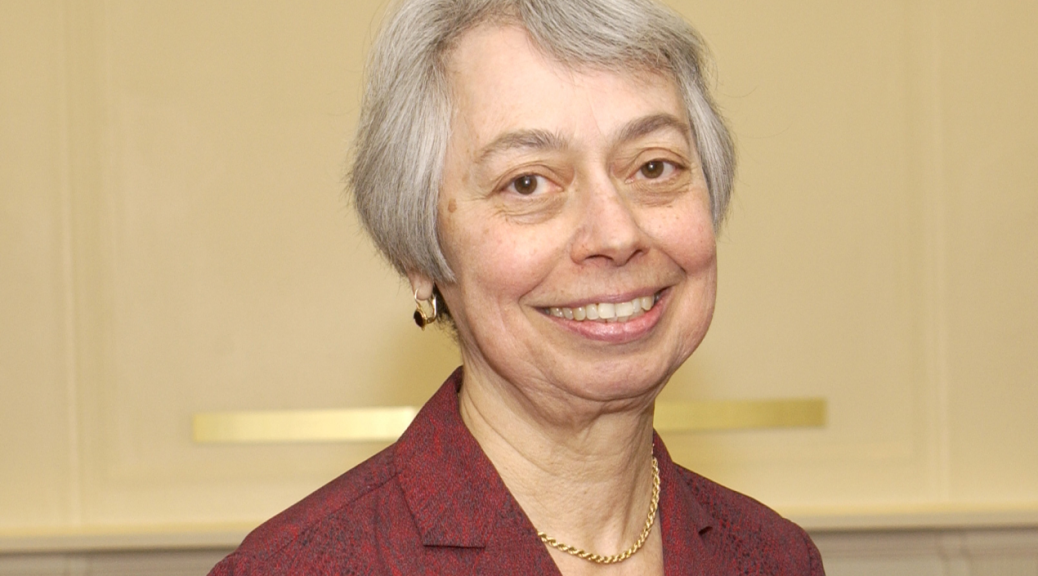JOAN FERRANTE
Professor Emerita of English and Comparative Literature
One of the things I liked about it when I first came was that it’s a centrifugal place. People do not live in each other’s pockets the way they do at so many universities. They tend to want to have lives in New York, not in Columbia. Building community in that sense is not easy. We could get people together around political issues, and the University Seminars did, to some extent, get people together around intellectual issues, but a lot of the people who make up those seminars come from other parts of the city and other universities. They come partly for the intellectual exchange and partly, it has to be admitted, because they get library privileges at Columbia.
I think you’re going to be hard-pressed to find groups—the center, yes, because the center was—that’s one of the reasons I think Carol [Carolyn Heilbrun] wanted to set it up. It was a place where women could come. There were lectures. I’ve gone to lectures even since I’ve retired, interesting things that were all over the map, but of great interest, and they always got a small group of people together—students, graduate students, junior faculty, and some senior faculty—outside lectures and stuff, and those were interesting, and that was a community. They met over even undergraduate papers in women’s studies once women’s studies got through as a possible major, but they always had them at Barnard, and they had them at General Studies. So there were women, and they would come together to celebrate the theses that were done there, and the MA essays and that sort of thing. That became a community, but that’s after the establishment of the center, not before.

